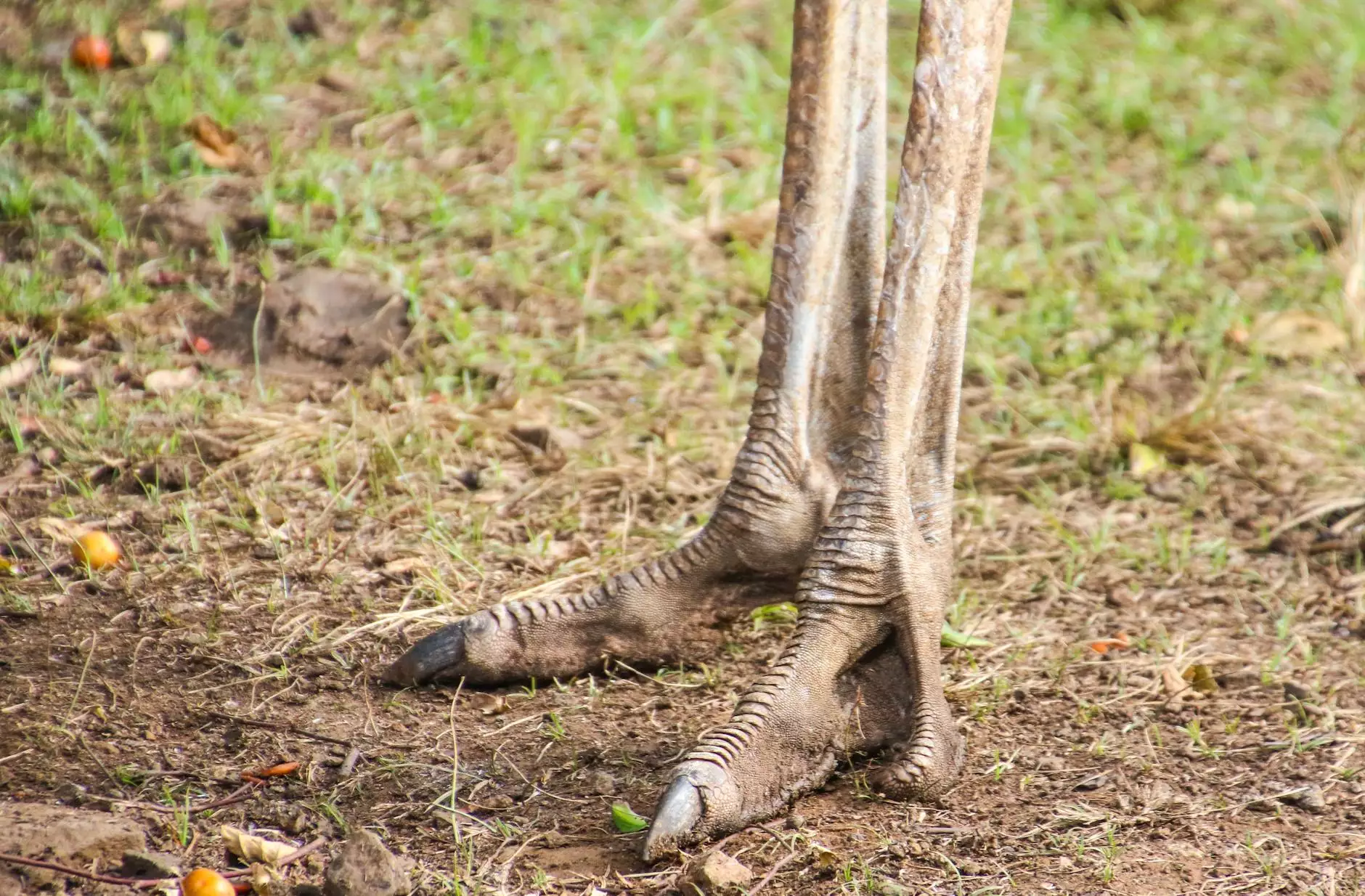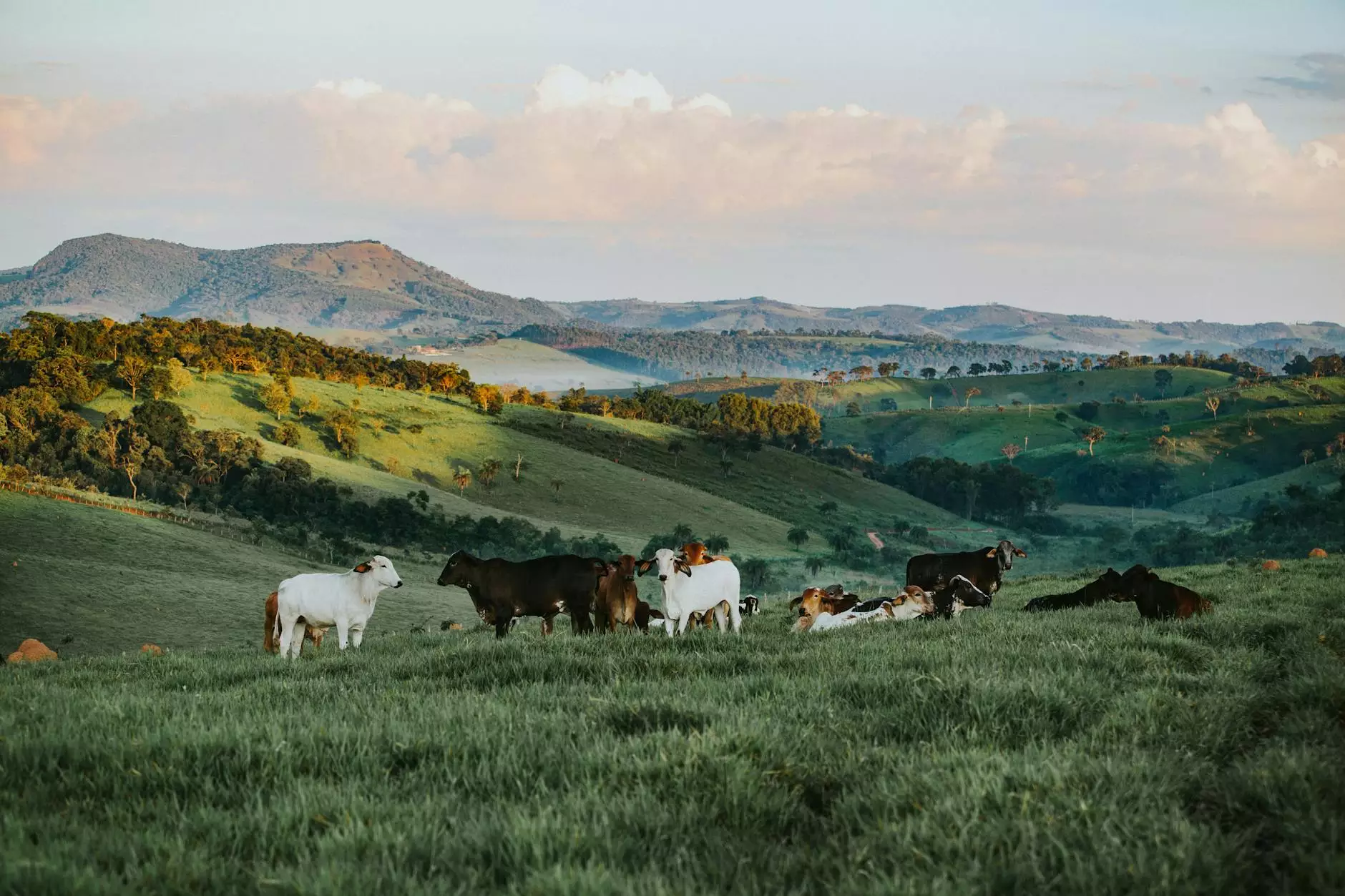Understanding the World's Largest Chicken Exporters

The poultry industry is a significant global enterprise, with chicken being one of the most widely consumed and exported meats. Businesses across the globe engage in exporting chicken to meet the rising demand in various markets. This article delves deep into the realm of the world's largest chicken exporters, focusing specifically on Brazilian poultry exporters and the dynamics of chicken in bulk.
The Global Poultry Industry Landscape
The chicken meat market has experienced exponential growth over the last few decades. According to recent statistics, global chicken consumption has risen due to factors such as increased population, dietary changes, and a growing middle class in developing countries. The international trade of chicken has become increasingly important, with numerous countries vying for a slice of this lucrative market.
Key Players in the World Market
When discussing the world's largest chicken exporters, it is essential to highlight a few key players that dominate the global market:
- United States: Known for its advanced production techniques and vast poultry farms, the U.S. is one of the leading exporters of chicken meat.
- Brazil: Often regarded as the largest chicken exporter, Brazil has maintained a strong position due to its ability to produce high-quality poultry at competitive prices.
- European Union: The EU also plays a significant role in chicken exports, providing a diverse range of chicken products across various markets.
The Rise of Brazil as a Poultry Export Giant
Brazil has emerged as one of the world's largest chicken exporters due to several favorable conditions:
Agricultural Richness
The country's geographic diversity and fertile lands allow for extensive farming operations and various agricultural activities. This makes Brazil an optimal location for poultry farming, where conditions support the raising of healthy livestock.
Advancements in Technology
Brazillian poultry exporters have adopted cutting-edge technology in their production methods, ensuring efficiency and quality control. Innovations in farming practices, breeding, and processing have significantly boosted their output capacity and the quality of the chicken produced.
Regulatory Framework and International Standards
Brazil adheres to strict food safety regulations and international standards, which helps in gaining consumer confidence and securing contracts with countries around the world. Their compliance with sanitary standards is crucial in maintaining their position as a top exporter.
The Economic Impact of Chicken Exports
The poultry sector is a substantial contributor to Brazil's economy. Chicken exports not only support the livelihoods of farmers but also play an essential role in the overall agricultural sector. The revenue generated from chicken exports fuels investment in infrastructure and technology, creating a ripple effect on other industries.
Job Creation
The Brazilian poultry industry is a significant job provider, offering employment opportunities in various areas:
- Farming: Thousands of families are engaged in chicken farming, whether in small-scale or larger commercial operations.
- Processing Plants: Facilities that prepare, package, and send chicken products to international markets are major employers in rural areas.
- Logistics: The transportation and logistics sector also benefit from the demands of chicken exports, providing additional job opportunities.
Challenges Facing the Poultry Export Industry
Despite the successes, the poultry export industry in Brazil, and the global market, encounters several challenges that could impact its growth.
Environmental Concerns
The intensive nature of poultry farming has raised concerns about sustainability and environmental impact. Issues such as deforestation, water usage, and waste management need to be addressed to ensure sustainable practices in the industry.
Global Competition
As demand for chicken continues to grow, competing nations are ramping up their production efforts. Countries like Thailand and China have increased their poultry exports, posing a challenge to Brazil's market share.
Trade Policies and Tariffs
Changes in international trade policies and tariffs can affect the competitiveness of Brazilian chicken in the global market. Ongoing trade negotiations and geopolitical events must be closely monitored by exporters.
The Future of Chicken Exports
Looking ahead, the chicken export industry appears poised for continued growth. Consumer preferences for chicken remain strong, and future market expansions are likely as new markets gain increased purchasing power.
Innovation and Sustainability
Investments in innovative farming practices and a focus on sustainability can lead to a more resilient poultry sector. Producers are increasingly looking into alternative proteins, improved feed efficiency, and better animal welfare practices.
Emerging Markets
Countries in Asia and Africa represent potential growth markets for Brazilian poultry. As these regions develop, their demand for high-protein food sources like chicken is predicted to increase dramatically.
Conclusion: The Leadership of Brazil in Poultry Exports
In summary, Brazil stands out as one of the world's largest chicken exporters for several compelling reasons. Continuous investment in technology, adherence to international standards, and a robust agricultural system have positioned the country at the forefront of the global poultry industry.
As the landscape of the global market evolves, Brazilian poultry exporters must adapt to maintain their competitive edge, ensuring that they meet the demands of consumers while promoting sustainability and innovation within the industry.
Call to Action: Partnering with Brazilian Poultry Exporters
If you are interested in sourcing high-quality chicken in bulk, consider reaching out to reputable Brazilian poultry exporters. Companies like Frozen Chicken Group are well-known for their commitment to excellence and can provide tailored solutions to meet your needs.









